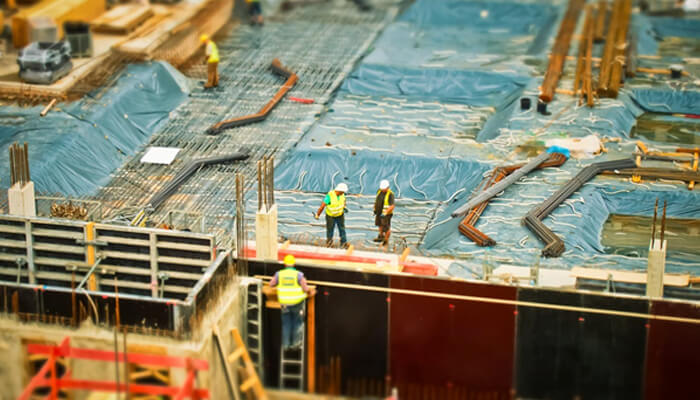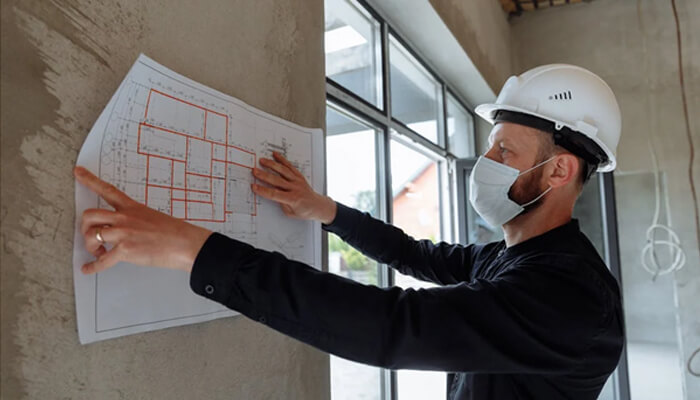The construction industry is one of the world’s largest and most complex. With numerous stakeholders, suppliers, and trades involved in each project, effective project management is critical to ensuring that construction projects are completed successfully. Project managers are critical to completing projects on time, within budget, and to the required quality standards. Furthermore, their role is critical to meeting the goals and objectives of a project.
Project Management in Construction
In short, effective project management in construction is the process of planning, organizing, and controlling resources and procedures to achieve specific goals in the construction of buildings or structures. It entails balancing the competing demands of cost, time, and quality in order to meet all stakeholders’ project requirements and expectations. Moreover, construction project management entails proactive problem-solving and effective decision-making to ensure project success.
The project manager is in charge of overseeing all aspects of a construction project, from start to finish. They are responsible for completing the project on time, within budget, and to the required quality standards. The project manager serves as the primary point of contact between the owner, the contractor, the subcontractors, and any other project stakeholders. To manage the complex relationships that exist between these parties, they must have strong communication, leadership, and organizational skills. Furthermore, the project manager must be well-versed in construction processes, industry regulations, and standards.
Planning and Budget Management
The project manager is responsible for planning and scheduling the construction project, ensuring that all parties involved are aware of the project timeline and milestones. They must also identify and manage any potential risks to the project timeline, as well as take proactive steps to mitigate these risks. To ensure that the project runs smoothly, the project manager must also allocate resources effectively, including manpower and materials. What’s more, the project manager must be able to anticipate and manage changes to the project timeline while keeping the project on track.
The project manager is also in charge of managing the project budget, ensuring that costs are kept under control and that the project is completed within the agreed-upon time frame. They must also be able to detect and manage cost overruns, collaborating with the owner and contractor to find cost-effective solutions. The project manager must also ensure that the budget is properly managed and that funds are spent as efficiently as possible. The project manager must understand construction costs and be able to accurately forecast future costs.
Quality and Risk Management
The project manager is responsible for ensuring that the project meets the required quality standards. They must create and implement a quality management plan to ensure that all parties involved are aware of their roles and responsibilities in delivering a high-quality project. In addition, the project manager must conduct regular quality inspections to ensure that any defects or issues are identified and resolved as soon as possible. Besides that, the project manager must ensure that the construction work complies with all applicable regulations and standards, as well as that the final product is of high quality.
The project manager is responsible for identifying and managing risks that may affect the construction project. This includes assessing and managing risks associated with the construction process as well as risks associated with the external environment, such as market or economic conditions changes. Contingency plans must also be in place for the project manager to minimize the impact of these risks on the project. The project manager must constantly monitor and reassess the project’s risks, taking proactive steps to mitigate their impact.
Communication and Leadership
To effectively manage the complex relationships that exist between all parties involved in the construction project, the project manager must have strong communication and leadership skills. They must be able to communicate project updates, milestones, and decisions to all stakeholders effectively, ensuring that everyone is on the same page. The project manager must also be a strong leader, capable of inspiring and motivating the construction team to achieve the project’s goals and objectives. They must be able to effectively manage conflicts, solve problems, and make decisions that are best for the project.
The construction industry is a complex and demanding environment that necessitates effective project management to ensure the completion of construction projects. The role of the project manager is critical to the success of any construction project, and their skills and expertise are essential in delivering projects that meet the needs and expectations of all stakeholders.



